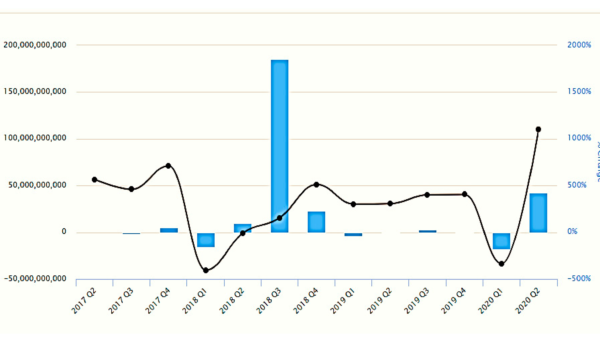Avian Botulism Outbreak in Klamath Basin
The Klamath Basin National Wildlife Refuge, located near the California-Oregon border, is currently facing a severe outbreak of avian botulism. This deadly bacterial disease has already claimed the lives of thousands of migratory birds, many of which rely on the refuge as a vital stopover during their migrations. The scale of the outbreak has prompted urgent intervention efforts by local and federal wildlife agencies.
The Spread of Avian Botulism
Avian botulism is caused by a toxin produced by the bacterium Clostridium botulinum, which thrives in warm, stagnant water. As water levels decrease due to drought conditions, the bacterium multiplies rapidly, contaminating the environment that the migratory birds depend on. The birds ingest the toxin through food or water, leading to paralysis and eventual death. This outbreak is one of the most severe in recent years, highlighting the vulnerability of waterfowl in the area.
Impact on Migratory Bird Populations
The Klamath Basin is a critical habitat for migratory birds, especially during their journeys along the Pacific Flyway. This outbreak threatens a wide variety of species, including ducks, geese, and shorebirds. As thousands of birds succumb to the disease, there is growing concern over the long-term effects on these populations. The refuge has reported finding up to 500 dead birds per day, with no immediate end to the outbreak in sight.
Efforts to Contain the Outbreak
Wildlife officials are scrambling to contain the outbreak and reduce its impact. Measures include increasing water flow to the affected areas to dilute the concentration of toxins and creating clean water sources for the birds. Staff are also working to remove carcasses from the water, as decaying bodies can contribute to further bacterial growth. Despite these efforts, the continued drought and high temperatures are making containment a significant challenge.
The Role of Climate Conditions
The ongoing drought in California and Oregon is exacerbating the outbreak of avian botulism. With water levels in the Klamath Basin critically low, the environmental conditions are ideal for the proliferation of the bacteria. The lack of water also reduces the available habitat for the birds, forcing them into smaller, more contaminated areas. Climate change, which is driving longer and more intense droughts, could make outbreaks like this more frequent in the future.
Calls for Long-Term Solutions
As the immediate crisis continues, wildlife experts are calling for long-term solutions to protect migratory bird populations. This includes better water management in the Klamath Basin and other refuges along the Pacific Flyway. There is also a push for increased funding for wetland restoration projects, which could help create healthier environments for waterfowl. Without these measures, the risk of future outbreaks remains high.
Public and Environmental Impact
The public is being advised to avoid contact with the affected areas to prevent the spread of the disease. While avian botulism is not known to affect humans, it can still pose a risk to other wildlife, including domestic animals. The broader environmental impact is also concerning, as the loss of so many birds could disrupt the local ecosystem. These migratory birds play a crucial role in maintaining the health of wetland environments by controlling insect populations and contributing to nutrient cycles.
Conclusion: An Ongoing Battle
The avian botulism outbreak in the Klamath Basin is a stark reminder of the fragile balance between wildlife and the environment. With climate conditions making these ecosystems increasingly vulnerable, wildlife officials face an uphill battle in both managing the current crisis and preventing future ones. As efforts to contain the outbreak continue, the hope is that swift action will mitigate further loss of bird life and protect the migratory species that depend on the region.
































